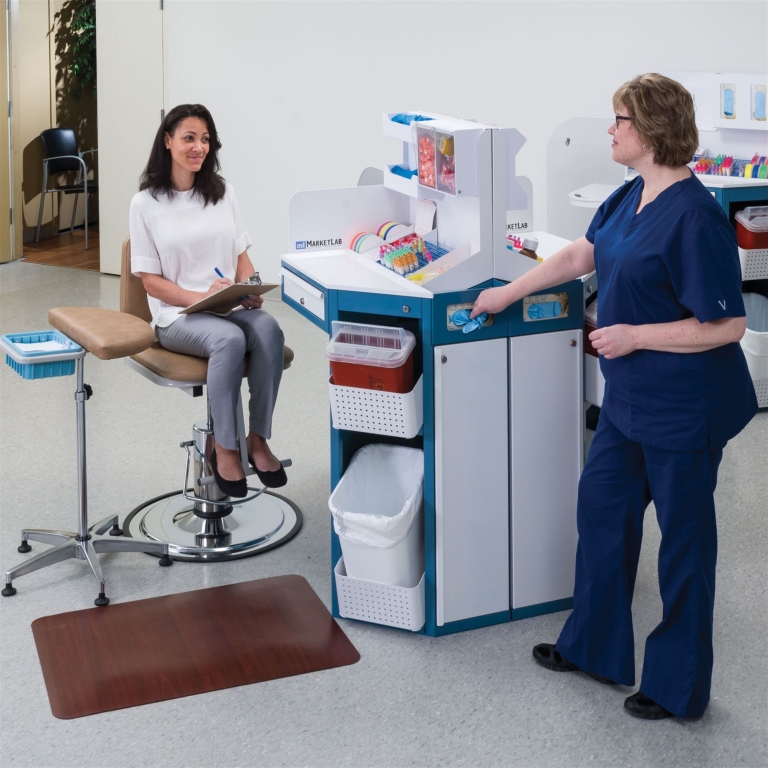**Title:** Everything You Need to Know About a Phlebotomy Career
**Meta Title:** Phlebotomy Career Information: A Complete Guide
**Meta Description:** Interested in a career in phlebotomy? Learn about job duties, education requirements, salary expectations, and more in this comprehensive guide.
—
**Introduction**
Are you interested in a career in the medical field but don’t want to spend years in school? If so, a phlebotomy career may be the perfect fit for you. Phlebotomists are essential members of the healthcare team, responsible for drawing blood from patients for various medical purposes. In this comprehensive guide, we will provide you with all the information you need to know about a phlebotomy career, including job duties, education requirements, salary expectations, and more.
—
**What is Phlebotomy?**
Phlebotomy is the practice of drawing blood from patients for diagnostic testing, blood transfusions, or research. Phlebotomists are trained professionals who are skilled in venipuncture, the process of puncturing a vein to collect blood samples. These samples are then used by medical laboratories to analyze and diagnose various health conditions.
**Phlebotomy Career Information**
Here is some important information you need to know about pursuing a career in phlebotomy:
**1. Job Duties:**
– Collect blood samples from patients
– Label and store blood samples properly
– Follow strict safety and infection control procedures
– Interact with patients in a caring and professional manner
**2. Education Requirements:**
– High school diploma or equivalent
– Completion of a phlebotomy training program
– Certification through a national phlebotomy organization (such as the American Society of Phlebotomy Technicians)
**3. Salary Expectations:**
– The average salary for a phlebotomist is around $35,000 per year
– Salary can vary depending on location, experience, and employer
**4. Career Outlook:**
– The demand for phlebotomists is expected to grow by 17% from 2019 to 2029
– Job opportunities can be found in hospitals, clinics, laboratories, and blood donation centers
**5. Advancement Opportunities:**
– Phlebotomists can advance their careers by pursuing additional certifications (such as EKG technician or medical assistant)
– Some phlebotomists may choose to further their education and become medical laboratory technicians or technologists
—
**Benefits and Practical Tips**
– **Benefits:**
– Quick entry into the healthcare field
– Flexible work schedules
– Opportunities for career advancement
– **Practical Tips:**
– Develop strong communication and interpersonal skills
– Practice proper venipuncture techniques regularly
– Stay current on industry trends and best practices
**Conclusion**
A career in phlebotomy can be a rewarding and fulfilling path for those interested in the healthcare field. With a growing demand for phlebotomists and a relatively quick path to entry, it is a great choice for individuals looking to make a difference in the lives of others. By following the information provided in this guide, you can take the first steps towards a successful phlebotomy career.
Remember, the key to success in any career is dedication, continuous learning, and a passion for helping others. If you are ready to embark on this exciting journey, start exploring phlebotomy training programs in your area today.
Whether you are a recent high school graduate or a seasoned healthcare professional looking for a change, phlebotomy can offer a unique and fulfilling career path. Embrace the opportunity to make a difference in the lives of others through your work as a skilled phlebotomist.
